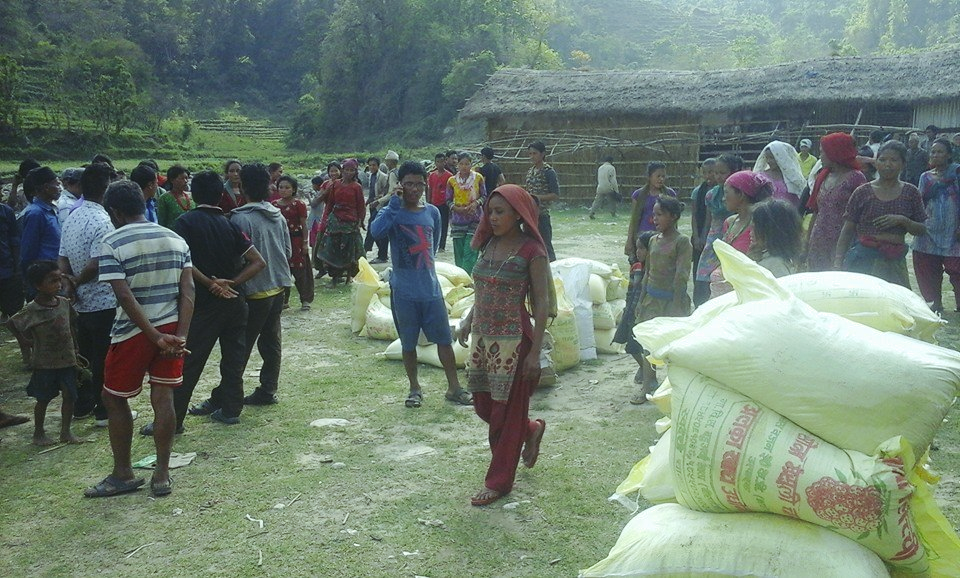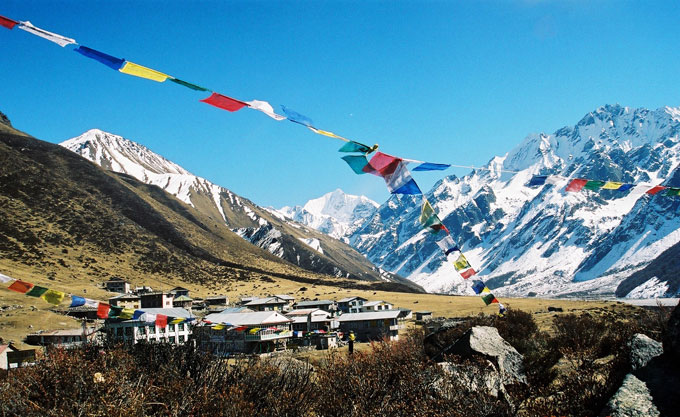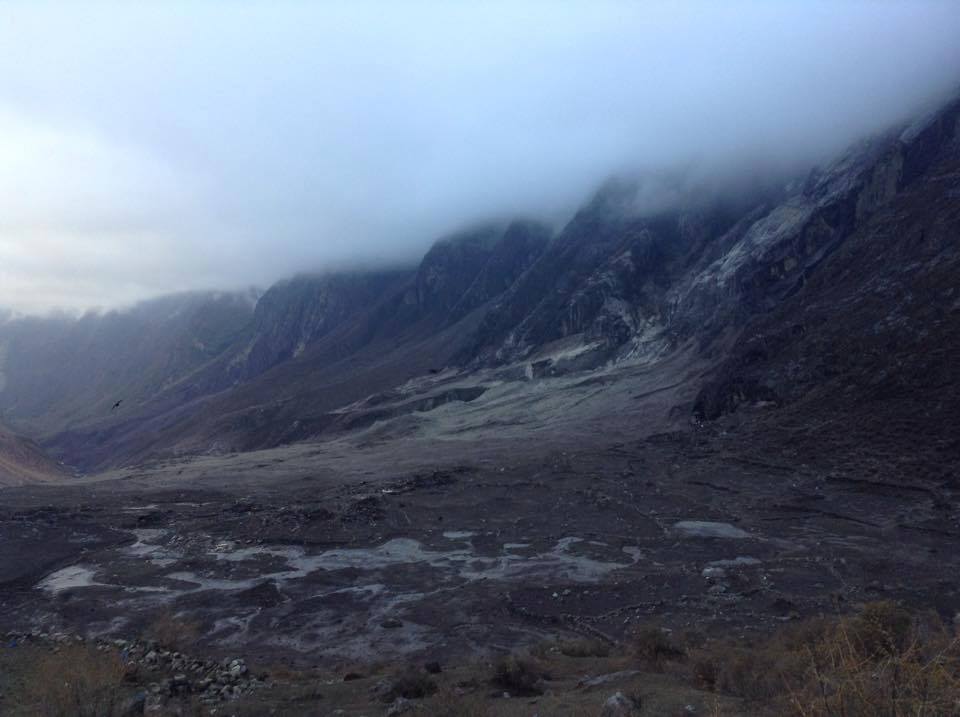[Savage Minds is pleased to publish this essay by guest author Katerina Teaiwa as part of our Writers’ Workshop series. Katerina is Head of Department of Gender, Media and Cultural Studies, School of Culture, History & Language at Australia National University, as well as President of the Australian Association for Pacific Studies. Her book Consuming Ocean Island: Stories of People and Phosphate from Banaba (Indiana University Press, 2015) focuses on histories of phosphate mining in the central pacific, specifically the movement of Banaban rock and the complex relations created by the mining, shipping, production and consumption of superphosphate and ensuing commodities (watch the book trailer on youtube). This Banaba work inspired a permanent exhibition at the Museum of New Zealand Te Papa Tongarewa, which tells the story of phosphate mining in the Pacific through Banaban dance. She is currently collaborating in the The Anthropocene Kitchen project to convert her book and research into a science comic.]
They say to write well you should read well: “read more and write better” proclaims the Writing Forward blog. And in her Savage Minds essay Ruth Behar states: “It comes down to this: you can only write as well as what you read.”
While I have to write regularly as an academic, I’m currently struggling to identify good reading practices in my weekly or even monthly routine. How do we define good practices? Is what influences us as academics primarily the “high quality” sources — the peer reviewed articles and books, the classical texts or novels, the rich ethnographic texts, fieldwork or other reliable data — that we expect to find cited in our colleagues’ work, and that we regularly assign to our students? Continue reading


